Tousif Ahmed
CoughTrigger: Earbuds IMU Based Cough Detection Activator Using An Energy-efficient Sensitivity-prioritized Time Series Classifier
Nov 07, 2021
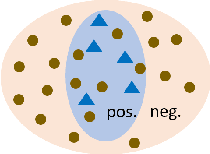
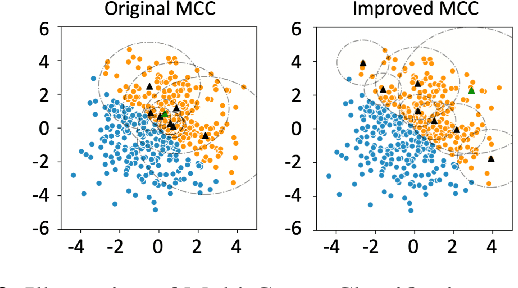
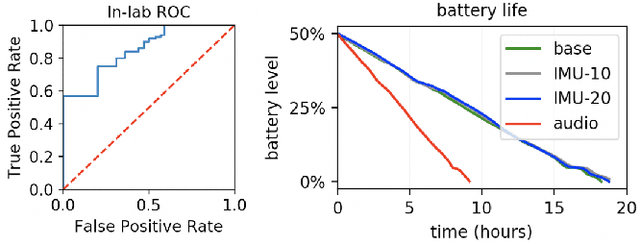
Abstract:Persistent coughs are a major symptom of respiratory-related diseases. Increasing research attention has been paid to detecting coughs using wearables, especially during the COVID-19 pandemic. Among all types of sensors utilized, microphone is most widely used to detect coughs. However, the intense power consumption needed to process audio signals hinders continuous audio-based cough detection on battery-limited commercial wearable products, such as earbuds. We present CoughTrigger, which utilizes a lower-power sensor, an inertial measurement unit (IMU), in earbuds as a cough detection activator to trigger a higher-power sensor for audio processing and classification. It is able to run all-the-time as a standby service with minimal battery consumption and trigger the audio-based cough detection when a candidate cough is detected from IMU. Besides, the use of IMU brings the benefit of improved specificity of cough detection. Experiments are conducted on 45 subjects and our IMU-based model achieved 0.77 AUC score under leave one subject out evaluation. We also validated its effectiveness on free-living data and through on-device implementation.
A Novel Multi-Centroid Template Matching Algorithm and Its Application to Cough Detection
Sep 04, 2021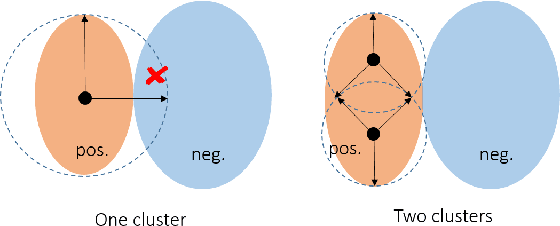
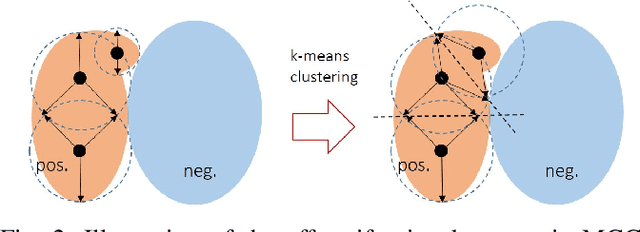
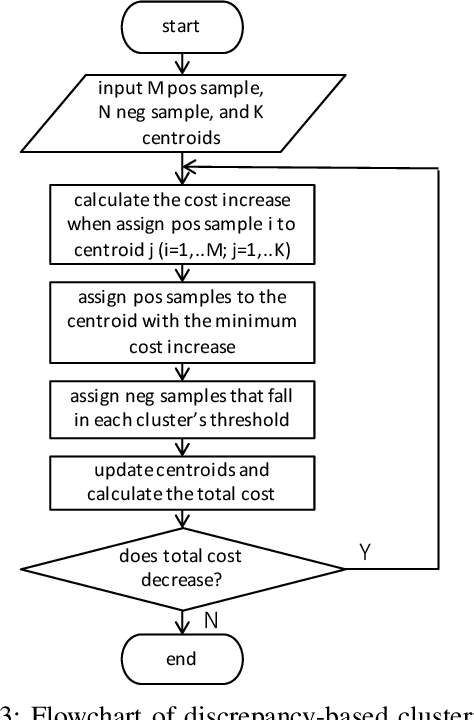
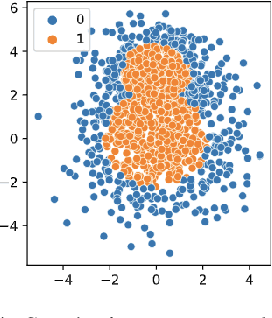
Abstract:Cough is a major symptom of respiratory-related diseases. There exists a tremendous amount of work in detecting coughs from audio but there has been no effort to identify coughs from solely inertial measurement unit (IMU). Coughing causes motion across the whole body and especially on the neck and head. Therefore, head motion data during coughing captured by a head-worn IMU sensor could be leveraged to detect coughs using a template matching algorithm. In time series template matching problems, K-Nearest Neighbors (KNN) combined with elastic distance measurement (esp. Dynamic Time Warping (DTW)) achieves outstanding performance. However, it is often regarded as prohibitively time-consuming. Nearest Centroid Classifier is thereafter proposed. But the accuracy is comprised of only one centroid obtained for each class. Centroid-based Classifier performs clustering and averaging for each cluster, but requires manually setting the number of clusters. We propose a novel self-tuning multi-centroid template-matching algorithm, which can automatically adjust the number of clusters to balance accuracy and inference time. Through experiments conducted on synthetic datasets and a real-world earbud-based cough dataset, we demonstrate the superiority of our proposed algorithm and present the result of cough detection with a single accelerometer sensor on the earbuds platform.
 Add to Chrome
Add to Chrome Add to Firefox
Add to Firefox Add to Edge
Add to Edge